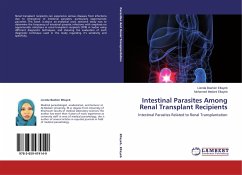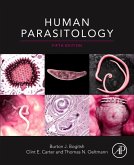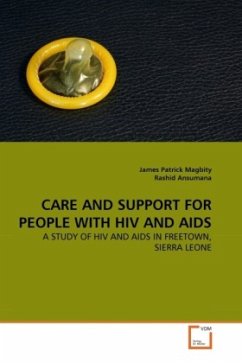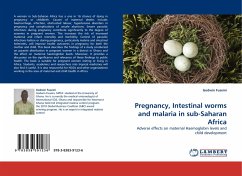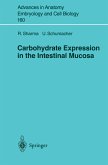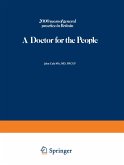Intestinal parasites & protozoan infections are the most common in worldwide,particularly in the tropical & subtropical developing countries.It is estimated,3.5 billion people are affected & 450 million are ill as a result of the infections,the majority being children.The parasites can cause various diseases,because of increasing travel to developing countries,increased number of immune-compromised individual;consumption of raw or partially cooked food & endemic pockets of individuals with certain unhygienic or unsanitary practices.The objective was to see the status of infectious parasites in Chittagong & Hill Tracts.The study was based on the analysis of fecal samples of humans,forty one(41)parasite species recorded,four protozoans & four nematodes were present.The prevalence of infection was found to have a strong relationship with the socio-economic & health conditions of their habitations. A.lumbricoides,T.trichiura,E.histolytica / E.dispar & G.lamblia were the four dominantspecies occupying more than 98% of prevalence of infection. Among the cases(88%) infection was by the single Parasite.Double infection was(10%) & triple infection was virtually absent(0.02%).
Bitte wählen Sie Ihr Anliegen aus.
Rechnungen
Retourenschein anfordern
Bestellstatus
Storno


